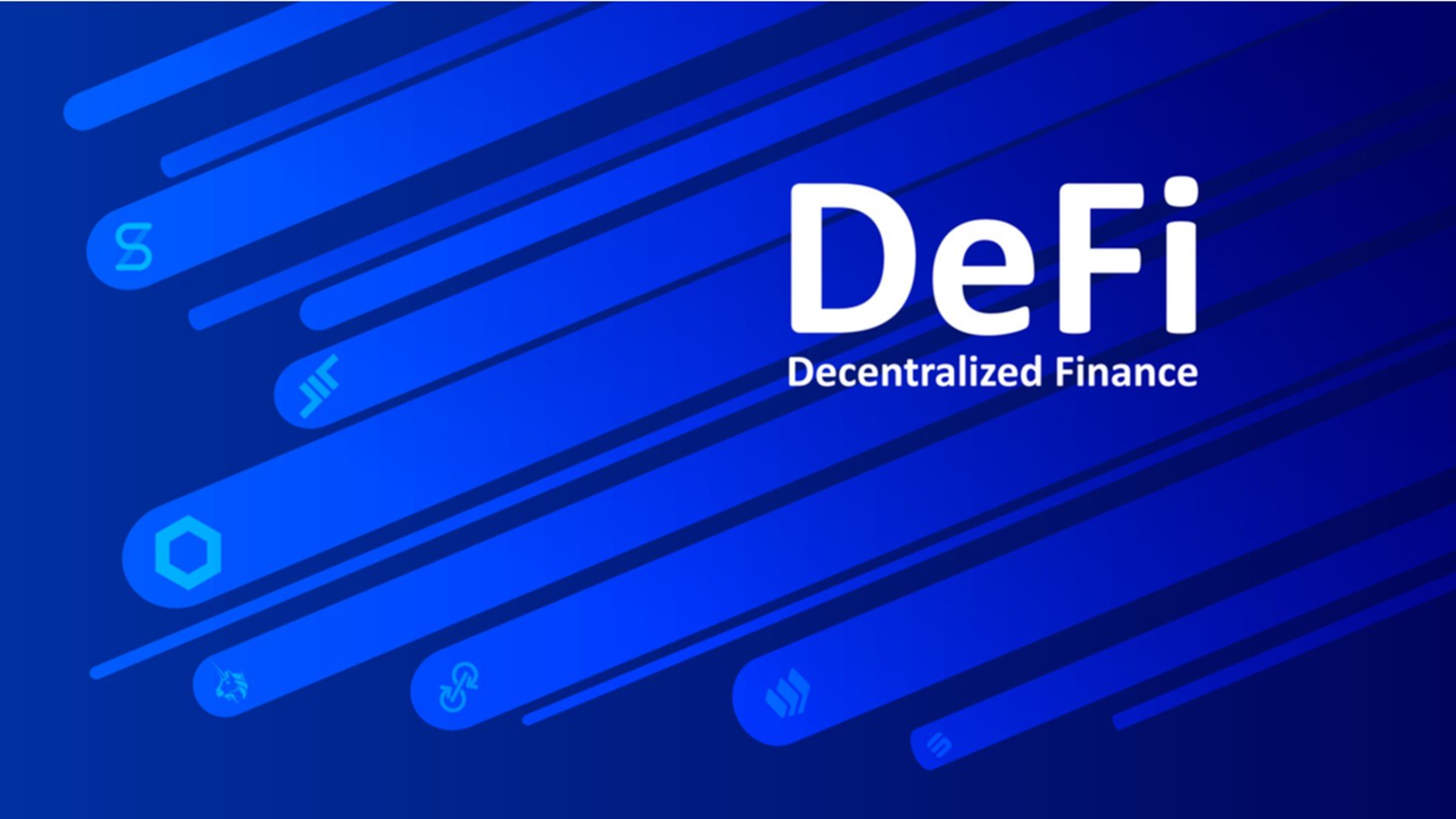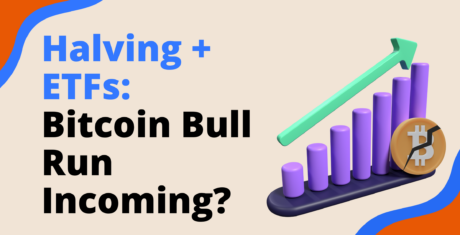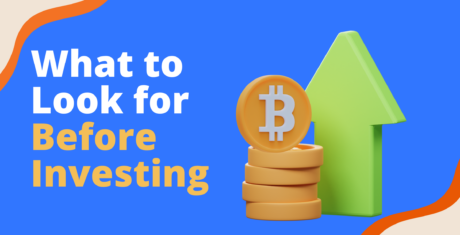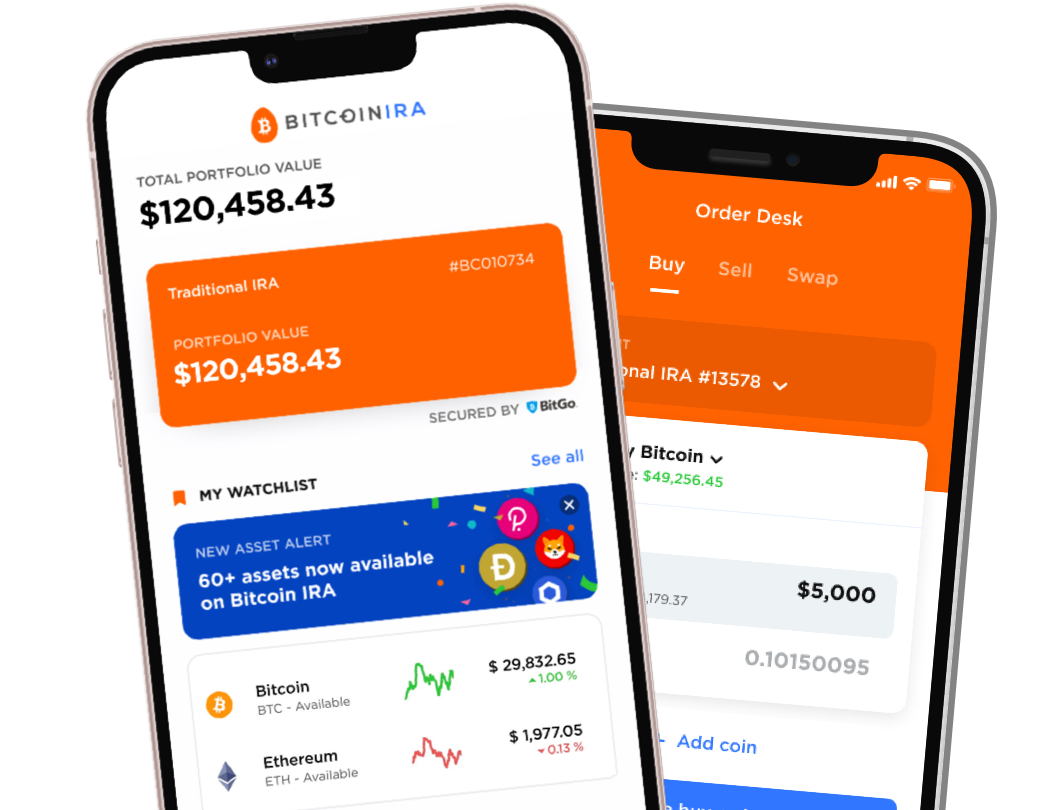Many blockchain projects tout Decentralized Finance (DeFi) as the next step in economics. The idea is to offer all the traditional finance products like banking and trading, but without the need for an intermediary. Imagine banking without the hassle of dealing with a bank. Trading could be streamlined as well, removing the broker and all their fees.
DeFi has seen some real growth over the past few years. There are billions of dollars wrapped up in the decentralized space. Blockchain networks like Ethereum are thriving on the concept, bringing in new users and ideas every day.
We have smart contracts to thank for this. They’re essentially automated if-then statements where smart contracts have one party establish criteria that the other must meet. If it is met, then whatever reward the two have agreed on will automatically release. Smart contracts have great potential with those in need of collateralized loans and have different use cases for investors.
Think of it as a peer-to-peer lending space. After you invest in Ethereum, a user wants to borrow $500 in Ethereum from you. Then they lock-in that $500 in the smart contract and note that they pay it back at a specified date with X amount of interest. The recipient will put some of their cryptos up as collateral, losing it should they fail to return the loan. Assuming they return with your funds and the required interest, the smart contract will fulfill and release the collateral back to them. If they fulfill their end of the bargain, then they’ll receive their funds back.
DeFi is Global and Borderless
On top of these features, keep in mind that blockchain networks are accessible by anyone worldwide. If you’re based in the United States, you can lend to a relative in Singapore with no hassle due to different locations. Say you’re traveling internationally – your blockchain-based bank will be easily accessible no matter where you are. No longer are you waiting days for funds to convert, but minutes.
With Ethereum’s upgrade to version “2.0,” the Ethereum network will handle significantly more transactions per second. That means we’re likely to see more dApps come into the picture as developers fill out space.
All of that is done without a bank or other intermediary. There’s no one to pay fees toward, nor someone to interfere with the deal. Everything was locked into the immutable smart contract and tracked on whichever blockchain you choose – usually Ethereum.
DeFi could Challenge Traditional Banks
Should banks be paying attention? Absolutely. Once investors get word of yet another way to diversify their portfolios without the need of an intermediary, they’re likely to take a look. Who isn’t excited about the possibility to earn interest on crypto? Fortunately for the traditional finance space, banks are getting involved in various ways.
Goldman Sachs has hired a global head of digital assets in Mathew McDermott, who claims that “In the next five to 10 years, you could see a financial system where all assets and liabilities are native to a blockchain, with all transactions natively happening on chain.”
JPMorgan Chase built the Quorum blockchain on Ethereum itself and its own JPM Coin on top of that. Even without building their networks, banks can get involved on the adoption side of things. For example, banks can help less technologically inclined users get involved with DeFi for a fee. They can adopt DeFi dApp technology and offer custody or train customers on how to build smart contracts. Financial institutions can get involved ahead of time, build their platforms, or assist their customers in adoption.
Banks shouldn’t ignore the innovation DeFi is creating. The same goes for individual investors who need to ask themselves: is DeFi here to stay, and as an investor, should I invest in Ethereum, like through a Bitcoin 401k?
Recommended article: How Bitcoin IRA Works







 3,500+ 5-Star Reviews
3,500+ 5-Star Reviews